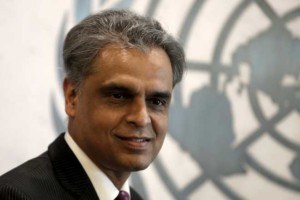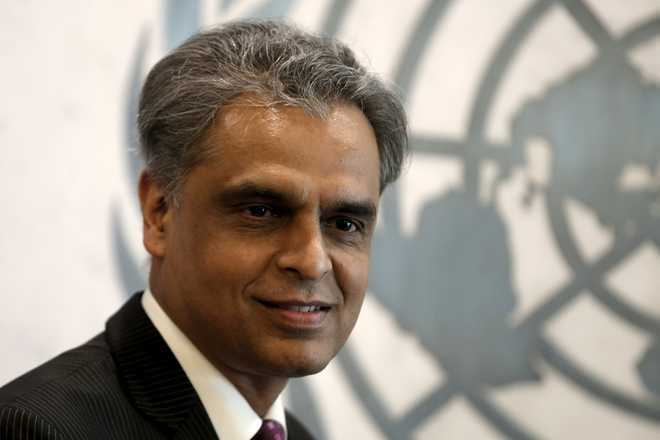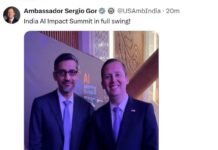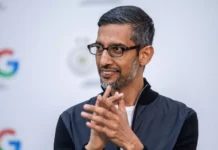
UNITED NATIONS: India has criticized the use of “hidden veto” in the subsidiary organs of the UN Security Council such as the Sanctions Committees, apparently hitting out at China for repeatedly blocking its bid to list Pakistan-based JeM chief Masood Azhar as a global terrorist.
A veto-wielding permanent member of the UN Security Council, China has repeatedly blocked India’s move at the UN to designate Azhar a global terrorist under the Al-Qaeda Sanctions Committee of the top organ.
India’s Permanent Representative to the UN Ambassador Syed Akbaruddin, addressing an informal meeting of the Plenary on the Intergovernmental negotiations on the question of equitable representation on and increase in the membership of the Security Council, said he welcomes the chairs’ suggestion to explore how the veto impacts work and effectiveness of an enlarged Council.
In a sharp retort, Akbaruddin said the use of hidden vetoes in places where it was never meant to be exercised, is instead impacting the work and effectiveness of the Council.
In this context, we would like to highlight a little explored practice of the hidden’ veto exercised in the subsidiary organs of the Council. Let me try and explain what this hidden veto is, Akbaruddin said here yesterday.
He added that there are more than a dozen subsidiary organs of the Council, each pronouncing numerous decisions annually. Citing the example of the Sanctions Committees, Akbaruddin said each of them, the veto is exercised with none of us even being informed about it.
He pointed out that those permanent Council members who cast the hidden’ veto are not required to provide a public explanation for their actions.
Such a veto is neither recorded nor made public. In fact, even the proposal, which is denied by the use of the hidden’ veto, is never made public, as it is considered blocked’.
Though Akbaruddin did not mention the name of any country, it is well known that China in the past has used its veto power when it came to designating terrorists or extremist groups having links with the Pakistani establishment.
Akbaruddin asserted that in the “subterranean universe of subsidiary organs of the Security Council, the expansion of the practice of veto, where it was never meant to be exercised, is impacting the work and effectiveness in ways none of us is aware of.
He stressed that making public the use of such vetoes and explanation for their use can be a first step in fostering transparency and enhancing the work of the Council.
He added that the use of hidden veto could be considered among various other suggestions in the section on veto.
Akbaruddin also sought more clarity and information about an option floated seeking enlargement of the Security Council with 2-year term non-permanent members only.
Akbaruddin questioned how this proposal fits in terms of total size and composition of the reformed Council and regarding the regional distribution of such 2-year term non-permanent seats only.
As there is no attribution of who made this proposal, my delegation is at a loss as to who to seek clarity from. Perhaps you, Co-Chairs, can provide it to us, since you have listed this in the paper under discussion and may have insights about it, he said.
Further, he said regional groups evolve in accordance with regional needs to meet regional situations. Yet, all regional groups have always been respectful of the larger whole – the General Assembly. Regional uniqueness has never impeded the broader collectivity from acting on behalf of all of us in choosing Security Council members, he said.
Akbaruddin also criticized the repetitive nature of discussions and negotiations on Security Council reforms.
He said at the last meeting, India had twice provided its detailed views on the paper under discussion.
He noted that so far six interventions have been made on the same paper and cumulatively, India has articulated eight times its support for normalization of the process and harmonization of documentation, similarly eight more times supported expansion in both categories and opposed restriction of options.
Hence, while preparing for my current intervention, which will be the ninth statement that we are associated with on the document entitled Revised Elements of Commonality and Issues for Further Consideration’, I realized, perhaps belatedly, why Alice in Wonderland’ and its sequel Through the Looking Glass’ are perennial favorites at the UN, Akbaruddin said.
He quoted the character of the Red Queen from the book Alice in Wonderland, who tells the protagonist Alice that here we must run as fast as we can, just to stay in place. And if you wish to go anywhere you must run twice as fast as that. PTI







